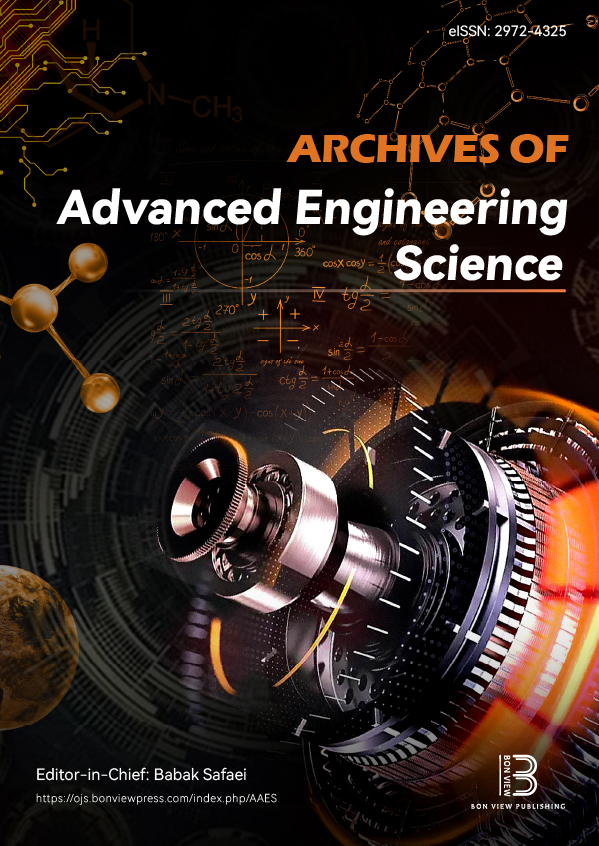Predicting 28-Day Compressive Strength of Self-Compacting Concrete (SCC) Using Gene Expression Programming (GEP)
DOI:
https://doi.org/10.47852/bonviewAAES32021606Keywords:
self-compacting concrete (SCC), gene expression programming (GEP), machine learning (ML), artificial intelligence (AI), fly ash, silica fumeAbstract
Self-compacting concrete (SCC) is an innovative building material which can flow and compact itself without the use of external vibrations. It is an effective material to enhance the use of industrial waste products such fly ash and silica fume etc in concrete to reduce the carbon emissions from construction industry. Despite the many advantages of SCC over conventional concrete, there are very few methods which can effectively forecast compressive strength of SCC. It is due to the non-linear behaviour of SCC in relation to its mixture components. Thus, an innovative Machine Learning technique called Gene Expression Programming (GEP) is employed to estimate the strength of SCC. For this purpose, a database consisting of 231 datapoints is constructed using extensive literature search. The algorithm resulted in an empirical equation that relates compressive strength with seven most influential parameters: cement, fly ash, silica fume, coarse and fine aggregate, water, and superplasticizer. The dataset is split into two sets called the training and validation datasets having 70% and 30% of the data respectively. The training and validation data will be used to train and validate the algorithm respectively. The algorithm’s accuracy is checked by calculating the four commonly used error metrices: mean absolute error (MAE), root mean square error (RMSE), coefficient of correlation (R) and performance index (ƿ) for both datasets. The statistical evaluation revealed that the errors are within the ranges specified in the literature. The accuracy of the algorithm is also verified by plotting scatter and series plots of training and validation datasets. Thus, the developed equation by GEP algorithm can be effectively used to forecast the 28-day compressive strength of SCC having fly ash and silica fume as mineral admixtures.
Received: 29 August 2023 | Revised: 10 October 2023 | Accepted: 28 October 2023
Conflicts of Interest
The authors declare that they have no conflicts of interest to this work.
Data Availability Statement
The data that supports the findings of this study is openly available with waleedbininqiad@gmail.com, and would be shared upon request via email.
Downloads
Published
Issue
Section
License
Copyright (c) 2023 Authors

This work is licensed under a Creative Commons Attribution 4.0 International License.


